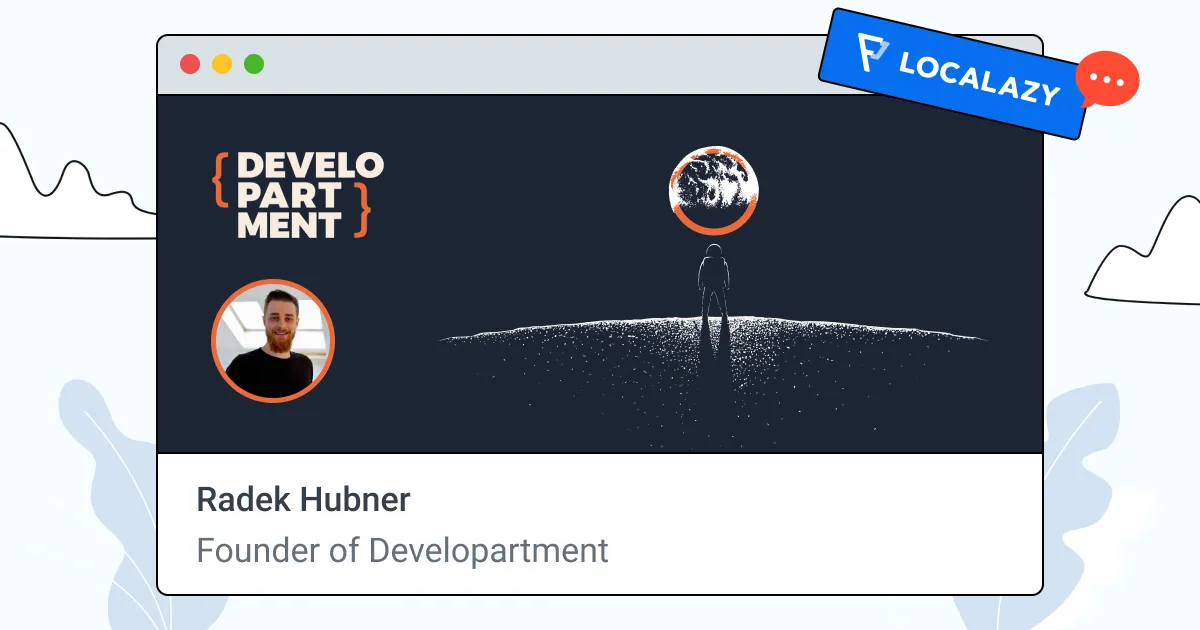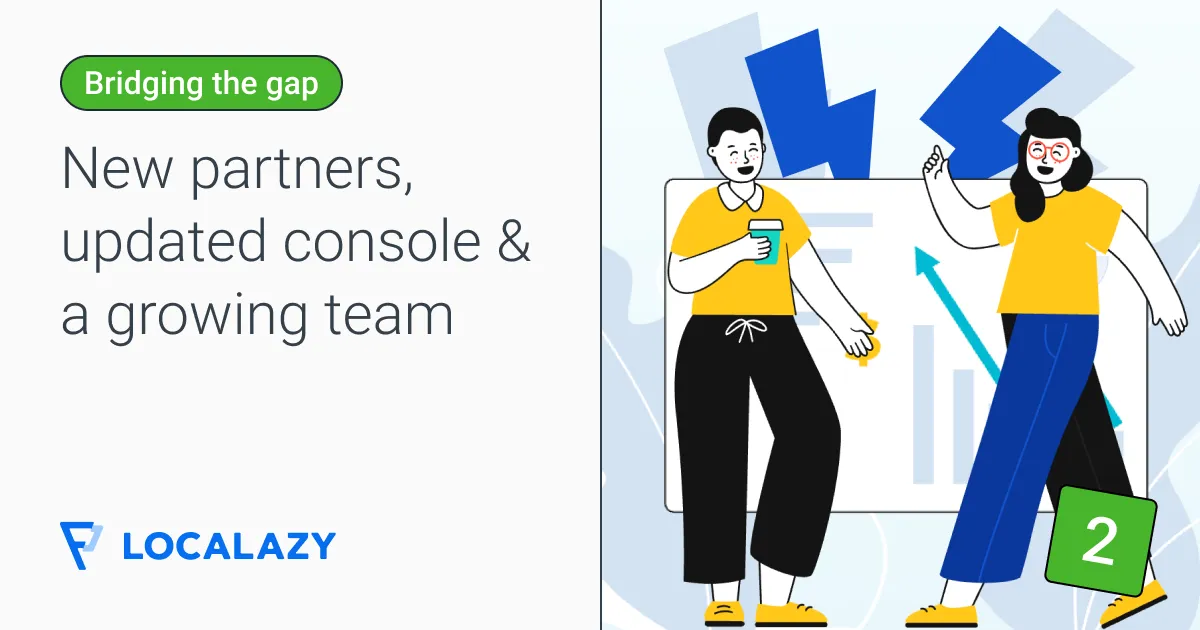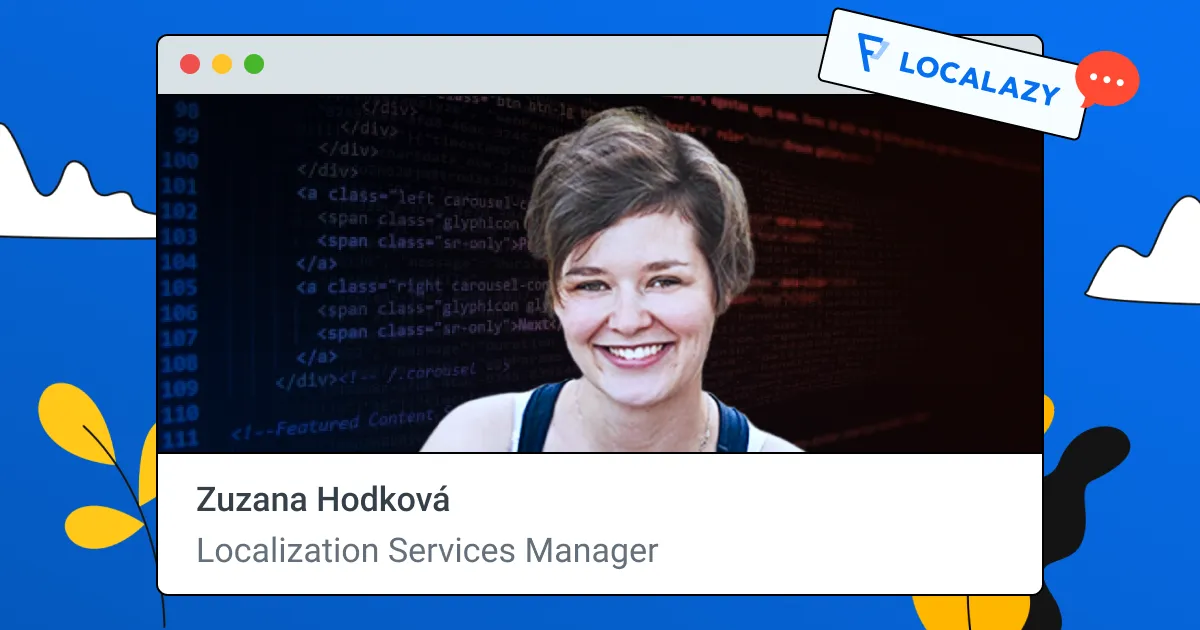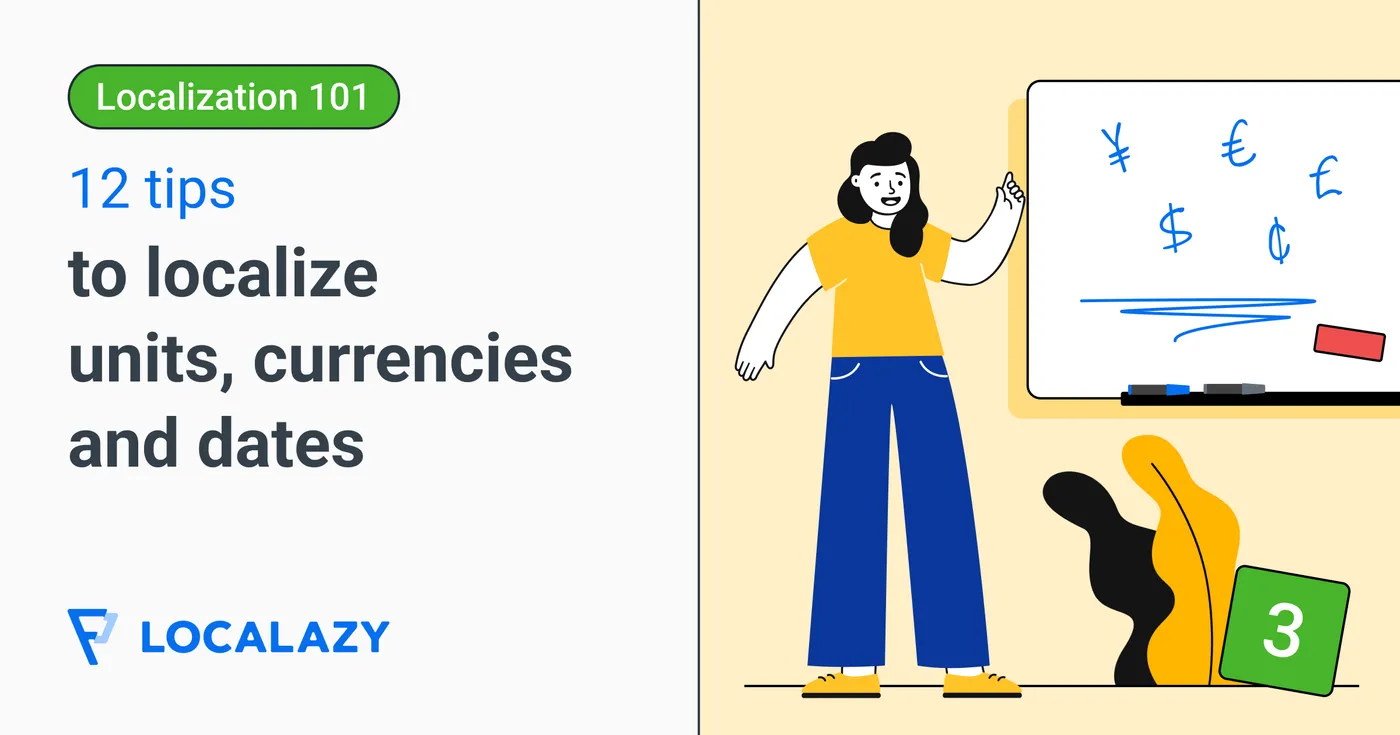It's a crowded software universe out there. 🪐 From dozens of programming languages, plugins, and automation tools to co-pilot features, low-code frameworks, and the latest leaps in AI, companies might not be able to cope when faced with the difficult decision of enhancing their products with tech. Only in 2024 alone, revenue in this market is projected to reach nearly $700bn worldwide, with enterprise solutions taking the cake of corporate software spending.
Choosing the right software to deliver tangible business results is, therefore, a crucial decision for new and established companies alike. It's no wonder that custom solutions are on the rise, as they reduce worry and streamline daily processes at the stroke of a developer's touch. 🪄 This is the mission of Developartment, a fully-remote software house led by Radek Hubner who is a Czech living in Florida and backed up by a team of experienced software engineers who understand that having the right technology for your business can create a solid competitive advantage.
In this interview, we discuss all things custom software, innovation, and delivering value through tech with Developartment's CEO, and find out why Localazy is the number #1 solution they recommend to their clients for seamless localization automation.
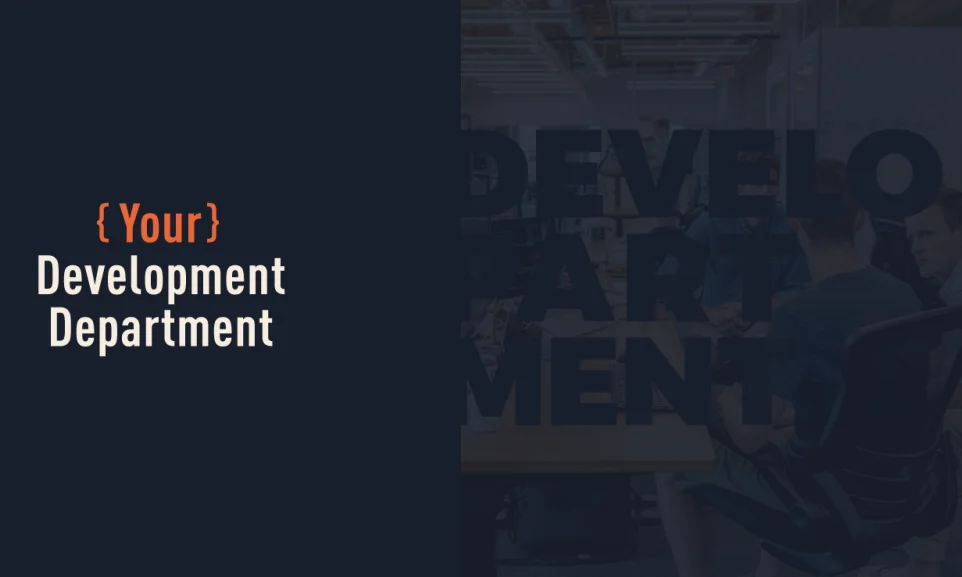
🫱 Helping digital companies thrive 🔗
Hi, Radek! Happy to have you here. Tell us - what problems does Developartment solve? What is your vision?
Hi everyone! Well - we’re on a mission to help companies with all their software development needs. So, we build custom software solutions for companies that don't have enough experience or capabilities to do that.
What type of clients do you serve, and from which industries? How do you help them?
From super small startups with a focus on growth to international corporations. 📈 We know how to build web and mobile apps, so we focus on that. We mostly work in the logistics, finance, and engineering industries.
I'm curious to know - when a client comes to Developartment asking for help to build a secure web application, what is the first thing you ask them? What does the process usually look like?
First of all, we wonder why because sometimes we end up figuring out they don’t need that solution. 🤔 If they need it, then we look at their business. We love it when needs are driven by business.
Is there any misconception clients come in with in regards to the process of software building? And a common problem they face? (scalability, need for cloud solutions, integration with Web 3.0 tools…)
Yeah, for sure! Some trends are requested very often, even when it doesn't make any sense to implement them. Last year was AI. I mean, AI is amazing: we use it every single day, but that doesn't mean everything needs to be powered by AI. It's certainly not the most efficient solution for every need.
Any particular project that represented a challenge for you and your team that you’re particularly proud of?
I’d love to answer this question, but I can’t because of NDAs. 😬 However, I can say that we’ve built amazing automation software for international companies that saves them a lot of time and costs.
By the way, what does your team look like, and what is your work philosophy? Have you adopted remote practices or prefer to code together on-site?
We are a fully remote company with exactly zero offices. We have team members in two different time zones. Thanks to GitHub, YouTrack, and Slack, we do not need to work on-site. ✌️

💪 Fail fast, try again 🔗
So, Radek, how did you get started with software development?
I started with software engineering when I was about 12 years old. I was curious about how software works and how it is built, and I was lucky to get my first software development-related revenue when I was in high school. After a few years, I moved to the US. Developartment was (and is) self-funded by me.
What was your motivation to kick off your entrepreneurial career?
I had always wanted to launch something I had built myself and deal with the risks that lead to the benefit. I figured out that I needed to put my energy into something, and business was it.
“Failure is not an option” is one of the mottos of the company. How do you personally identify with that?
Maybe much more than what people usually think. Failures happen; it is what it is. However, I tend not to worry about failing and having issues. I prefer to look straight ahead and have my vision as a guide. So I'm not stuck on decisions about what to do and when to do it. I just do what I think I should do.
What is the “fail fast” philosophy all about, and how does it apply to your product’s mission?
It’s pretty hard for corporations to fail fast sometimes, but it’s pretty common in startups. I love it, but I had to learn it along the way. Turning off some projects or products is definitely difficult because when you are building something, you usually love not just the vision but also the building process.
What does success look like for your company?
From my perspective, I’m super happy when all team members are happy and love what we do, as well as when we help our customers, and they can benefit from our collaboration. 😌
If you could start again with Developartment, what would you do differently from today’s perspective?
I’d find more sales partners that could help us to grow faster. And I wouldn't focus solely on revenue.

📏 The growing need for custom solutions 🔗
Custom software solutions have been increasingly in demand over the last few years, and it doesn’t seem like this trend is going to stop anytime soon. In this highly competitive market, how are you innovating?
We invest in our people and our solutions. In software development, it’s usually the team who comes up with excellent ideas and solutions, so it makes sense.
What’s the most difficult challenge your industry is currently facing? And - how are you currently dealing with the advent of AI and automation tools?
A lot of amazing tools come up literally every week. It’s time-consuming to be sure, but we still keep track of all the trends that are stable and make sense from a long-term perspective.
Regarding AI, we like JetBrainsAI and GitHub Copilot, but we've been using automation tools for a pretty long time, too. We started with some tools for vulnerability scanning, dependency updates, etc. We do not intend to replace real people with artificial intelligence: it's just a tool for them to focus on much more complex tasks. We essentially want to give them the power to delegate on AI whenever they can.
"We've been using automation tools for a pretty long time, but we don't intend to replace real people with AI: it's just a tool for them to focus on much more complex tasks"
As attacks become more sophisticated, cybersecurity concerns are rising among businesses. How do you tackle these threats?
It’s our daily bread. We have to be sure we do our best, and we also use automation tools that help us with it.
Has the low-code and no-code philosophy, as well as the implementation of co-pilot features for coding, made your job easier?
To be honest, not so much. It’s great for tasks like prototyping but not really useful for our core business. It’s usually vendor-locked, and we do not like that policy.
It’s a long shot, but let’s imagine - how do you think the custom software industry will look in a decade?
Data scientists will be one of the most important positions in the engineering team. 🧑💻📊 When you have enough data (and you understand it), you can build an excellent AI/ML model. Engineers with deep knowledge of specific industries will be the leaders, and this change is already taking place. Engineers can almost be everyone, but when you know the industry well, you think differently about every challenge.
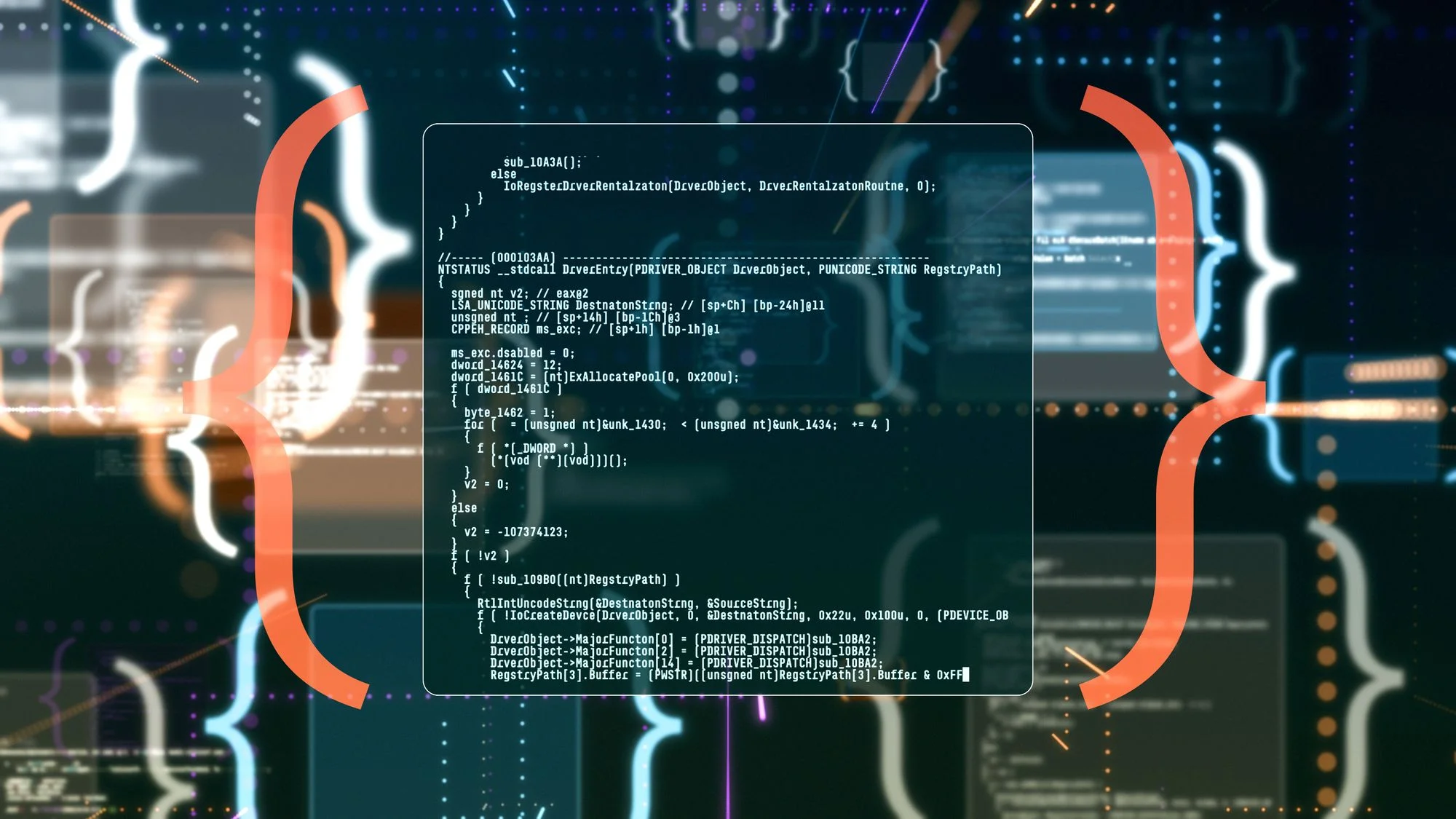
👀 Choosing a localization provider 🔗
Developartment was one of our first partners. We’re thrilled that you chose us as your preferred localization solution provider - how was the process, and why did you opt for Localazy?
We appreciate that! I found Localazy on the Internet about four years ago. We were building a huge mobile app for the whole European continent back then. After a few weeks, I realized that I knew one of Localazy's engineers, so we chatted a bit with the team. I'm saying this because I had the chance to know not only the excellent product but also the team who built it! ☺️ I'm grateful for that experience.
Today, we use all the automation processes we can. We also rely on translations that can be done by native speakers within a few days. I'm glad that we do not have to import/export CSVs manually anymore!
What are the most common l10n and internationalization concerns among your clientele?
Essentially, it's so much work for them. They perceive that it's expensive to translate and to implement localization. However, now it's not, thanks to Localazy.
Has localization demand among your users increased over time?
Yes, absolutely. A lot of people want to sell globally or just address more people in specific target countries. For instance, we've automated translations via Localazy for the mobile app of an international banking group and also applied them to smaller projects that involve a lot of languages. And it works great.
"We've automated translations for the mobile app of an international banking group via Localazy, and also applied them to smaller projects that involve a lot of languages. It works great"
Any languages or markets that stand out when it comes to localization?
Well, any country with RTL text orientation. Germany is also pretty challenging from the UX perspective since their words are never-ending. 😅
As a developer, what is your favorite Localazy feature?
It’s definitely the CLI. Thanks to that, we can automate everything.
And- are you partial to any programming language, and why?
My favorites are Swift and Kotlin. I can obviously code, but at this time, I’m more of a manager than an engineer. I think it’s more important to know algorithms well and think about engineering than just focusing on one specific language.
Why do you think localization is important?
Two main points: 📲 user experience + 🌍 more markets. When you localize your product, you can have more clients. And that’s usually why you build your product - to get users to love it.
Apart from Localazy, would you like to highlight some services or products you love to use on your own?
I love simple products that just work and have a nice design, and that’s why I use Apple.
What does the future look like for Developartment? Any future projects you can tease?
There is one plan in place, but we’ll tell you about it sometime later. 😉
Well, the future seems to be looking bright for Developartment - and we're glad to join them in their journey. If you have a project in need of custom software solutions, check out their services and success stories. Seamless integration with Localazy is guaranteed.
